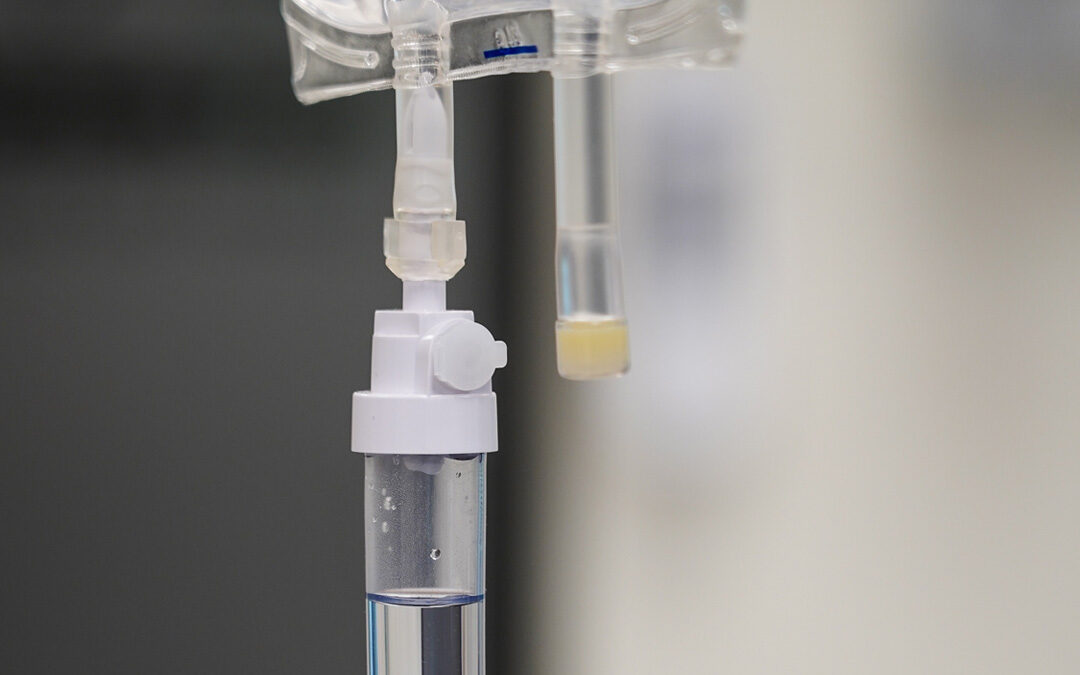Some people struggle to make as many antibodies as others, particularly immunocompromised ones. In these instances, you have fewer resources to fight off infections. Another need for IVIG can be for autoimmune disorders. IVIG may be a good option if you or someone you know fits these criteria. What is IVIG? This post will go over this treatment option and how it can help.
IVIG: The Basics
IVIG stands for intravenous immune globulin. At its basic level, IVIG provides antibodies to people with low amounts through an IV. Certain antibodies might not work for everyone. IVIG consists of antibodies that target infections, which means more options are available to target several conditions. This can mean a world of difference for people who need antibodies because of inadequate protection against many diseases. For autoimmunity, IG therapy can balance out the immune system.
Who Needs IVIG?
As discussed above, a few groups of people may need IVIG. The first are people who cannot produce enough antibodies to fight against infections on their own. In immunocompromised people, producing enough antibodies is a challenge. This makes you susceptible to more infections or illnesses. Secondly, if you or a loved one has a condition that attacks your own nervous system or blood cells, IVIG is a safe and effective option to provide antibodies for protection. This is classified as an autoimmune disorder, and IG therapy can help provide balance to the system.
How It Works
IVIG antibodies are administered via an intravenous drip. With IV drips, the medicine gets to the source faster than oral or other medications. Depending on your need, dosage size may vary. These visits may be more frequent and smaller for people who need IVIG to replace antibodies. Immune system attacks typically require larger and more frequent doses.
An IVIG drip usually takes several hours to complete. Typically, these are done in a hospital or doctor’s office so you can be properly observed. However, sometimes you can arrange for in-home IV service, which can help you feel more comfortable, especially if it’s difficult to arrange transportation. It can take several weeks before you start to feel the effects of IV therapy. This is why regular treatments are often prescribed.
Side Effects
For many people who need IVIG, there are usually few side effects. Typically, the benefits of IV antibody treatment outweigh the side effects. Generally, some of the side effects one may experience include:
- Reaction at the IV site
- Fever
- Muscle aches
- Nausea
- Rash
- Headaches
Not everyone experiences these side effects, and they are usually well tolerated. Some concerns to keep in mind relate to allergies, which may make it difficult to receive the medication. Hydration and prophylactic use of acetaminophen and anti-histamine medications before an infusion can help mitigate some of the side effects. You should stick with the same brand of IVIG to be on the safe side if you tolerate it well.
Mylyfe Specialty Pharmacy provides services to help improve clinical outcomes and quality of life. Whether you need help with at-home infusion delivery for blood disorders or getting information on whether IVIG is right for you, Mylyfe is here. Email hello@mylyfe.health to get started.
Personalized Care,
Professional Excellence
Improving Your Quality of Life Is Our Mission





